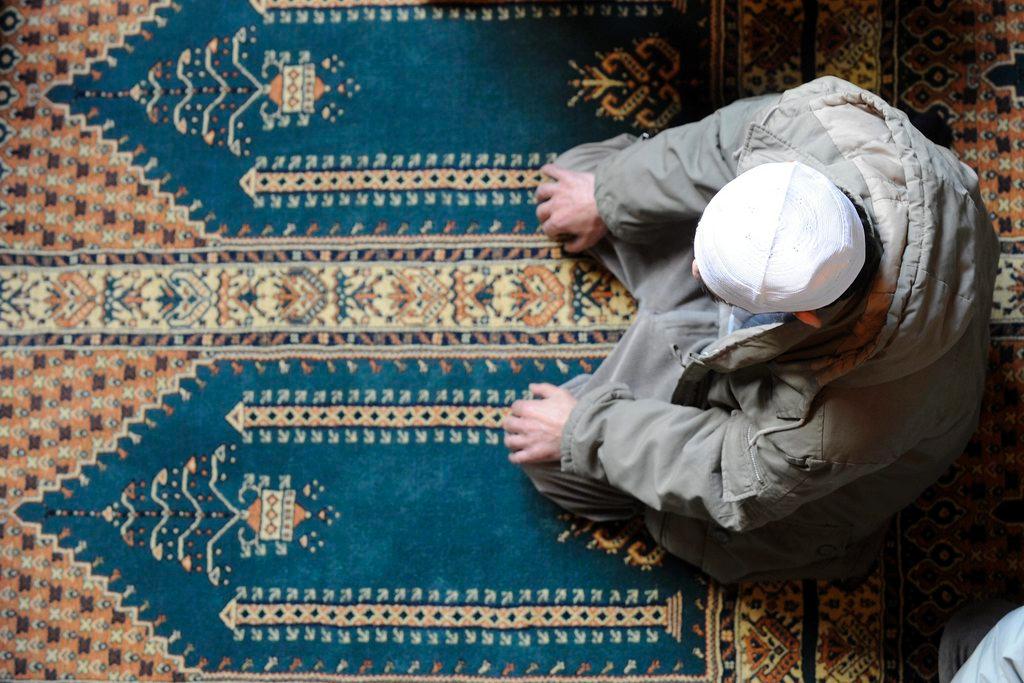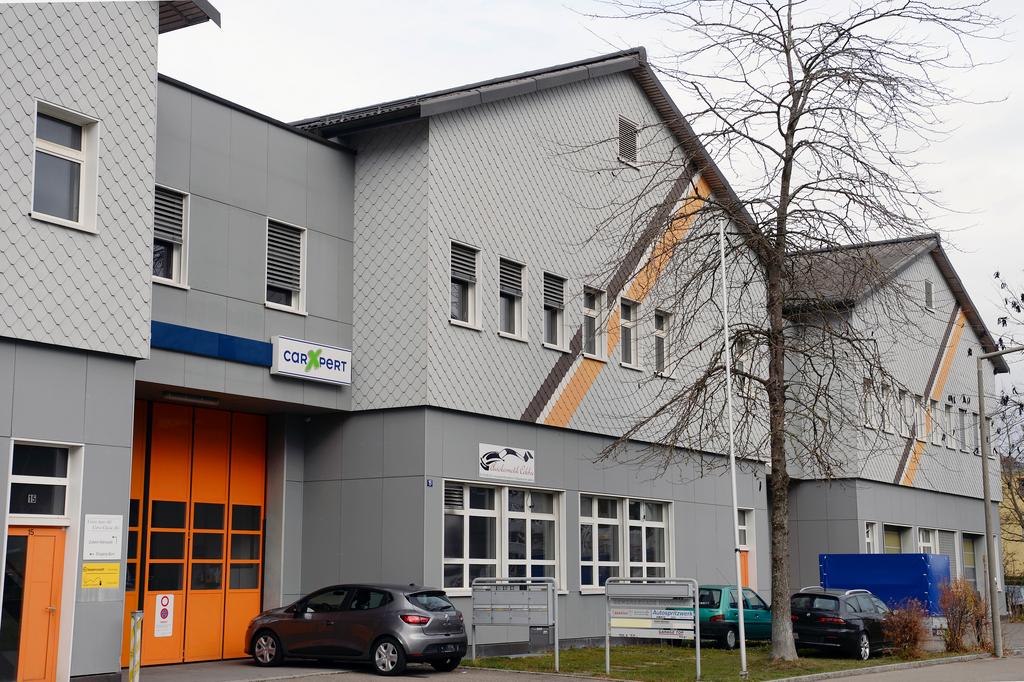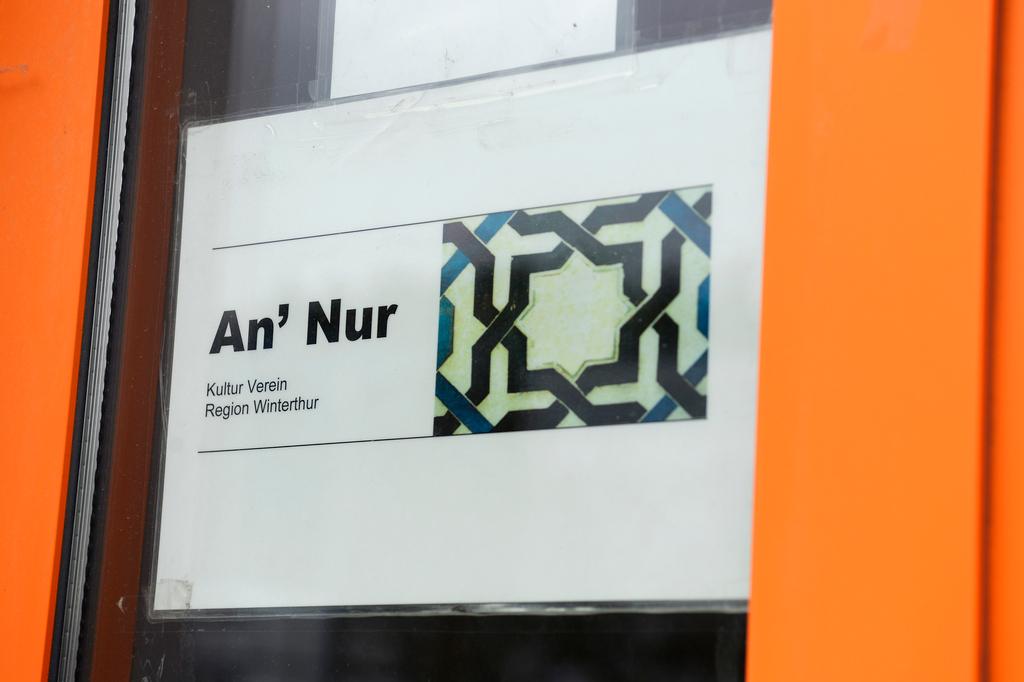Islamic radicalisation: what’s the cure?
Adam Deen and Prem Mahadevan know what they’re talking about when it comes to jihadi terror networks. One used to be an Islamist extremist, and the other advises governments on the inner workings of groups like ISIS. Here’s what they think works – and doesn’t – to stop terror recruitment.
Integration: no magic bullet
Late last year, the head of Switzerland’s Federal Office of Police argued that young people at risk of joining terror groups “must be accompanied, watched and socially integrated” to stop the threat.
But “integration is not the answer”, says Deen, who has since left the Al-Muhajiroun terror group of which he was a part until 2003. He now works for the UK-based Quilliam Foundation, which bills itself as “the world’s first counter-extremism organisation”.
He bases his argument largely on his own experience as “a pretty normal, standard kid” who was, by all accounts, well-integrated into British society. His family comes from Turkey but he speaks perfect English, and he went to school with and lived near people outside the Muslim community.
Mahadevan, a senior researcher with the Global Security Team at the Zurich’s Center for Security Studies, is also sceptical of the argument that integrating young Muslims into European societies will keep them from joining terror groups.
“I don’t think integration is necessarily a barrier against terrorism, I think it can be a facilitator,” he argues.
“The vast majority of people who have gone on to participate in terror plots in Europe were pretty well integrated into European society by any standard.”
All it takes, he argues, is a catalyst – a failed marriage, a failed business – for young men in particular to become attracted to extremist ideologies at a vulnerable point in their lives.
“When their world seems to be crumbling around them, the level of security they had previously is now gone. That is when they become susceptible to jihadist propaganda”.
Changing the narrative
What’s to be done? In Deen’s case, it wasn’t a crisis that led to his decision to join Al-Muhajiroun – it was opportunity, curiosity and a search for identity. So he argues that counter-ideology is the best way forward.
“In my day, I didn’t have a counter-narrative, a strong alternative view to the things I was being taught,” he says. “It’s really important that young Muslims are given alternative readings that are more tolerant, pluralistic, and more encompassing than the ones causing all the problems.”
When he was recruited in the late 1990s, the Internet was not a yet a tool being used by jihadist groups. But today it’s the key recruitment battleground and “full of conspiracy theories”, as Mahadavan puts it, that vulnerable young Muslims can direct their anger towards.
So Deen and the Quilliam Foundation are going where the battle is – to social media platforms and comment threads – to try and win the war.
Mahadavan, for his part, argues answers will only come if countries treat the fight against terror networks as a multi-generational, multi-faceted one – not just a sweeping conflict between “civilisation and barbarism”.
“I think there is a greater need for candour among European governments to say, look, when you enthusiastically support regime change in the Arab world, you do make yourself very vulnerable to the blowback.”

In compliance with the JTI standards
More: SWI swissinfo.ch certified by the Journalism Trust Initiative




You can find an overview of ongoing debates with our journalists here. Please join us!
If you want to start a conversation about a topic raised in this article or want to report factual errors, email us at english@swissinfo.ch.